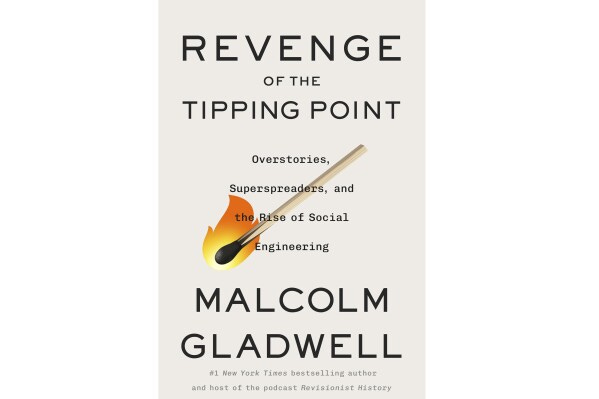The Things That Were Read
1. Robert Lustig, Metabolical (health)
2. Heather Morris, The Tattooist of Auschwitz (fiction)
3. Joe Rigney, Leadership and Emotional Sabotage (leadership)
4. Dorothy Sayers, Clouds of Witness (fiction)
5. Jocko Willink, Where There’s a Will There’s a Way (fiction—Beckett)
6. Megan Basham, Shepherds for Sale (culture)
7. Percival Everett, James (fiction)
8. Dan Heath, Reset (leadership)
9. Benjamin Labatut, The Maniac (fiction)
The Things That Were Heard
1. Bryan Burrough, Days of Rage (history/culture)
2. Blake Crouch, Dark Matter (fiction)
3. Malcolm Gladwell, Revenge of the Tipping Point (culture)
4. Malcolm Gladwell, I Hate the Ivy League (culture)
In Media Res
1. Rod Dreher, Living in Wonder (theology)
2. Bill Rivers, Last Summer Boys (fiction)
3. Arthur Ransome, Swallows and Amazons (fiction—kids)
4. Nick Hornby, Fever Pitch (autobiography)
5. William Least Heat-Moon, Prairyerth (cultural history)
6. Stephen King, Under the Dome (fiction—audiobook)
Books of the Month
On the fiction front, I really enjoyed Percival Everett’s Huckleberry Finn retelling, James. It is (mostly) the same story told from the perspective of the runaway slave, Jim. It was powerful without being preachy and loyal to the original material without being bound by Twain’s plot. This is the second Everett novel that I’ve read, and I don’t think it will be the last.
I was also moved and slightly terrified by Benjamin Labatut’s The Maniac. Mostly a reworked biography of John von Neumann, probably the most brilliant mathematician and computer scientist of the twentieth century, Labatut frames von Neumann’s life as both a triumph of the intellect and a cautionary tale about what happens when someone pursues reason—there’s a large section in the novel titled “The Mad Dream of Reason”—at the expense of more humane concerns. I do not pretend to understand all of von Neumann’s contributions to science, but his life highlights the need for philosophy alongside science. Science without philosophy yields the mad dream of reason.
Malcolm Gladwell is always a good listen. Revenge of the Tipping Point revisits the work that first made him famous. This time around Gladwell is a bit more circumspect about the fact that things can “tip” in a bad direction. It’s not all broken windows theory or charming stories about Hush Puppy shoes.

I greatly disliked Megan Basham’s book Shepherds for Sale. It was disingenuous and sometimes cruel. In Basham’s world, any pastor who shows anything other than unabashed support for Republican policies is prostituting himself for left-wing causes. I don’t know who needs to hear this, but Republican =/= Christian.



